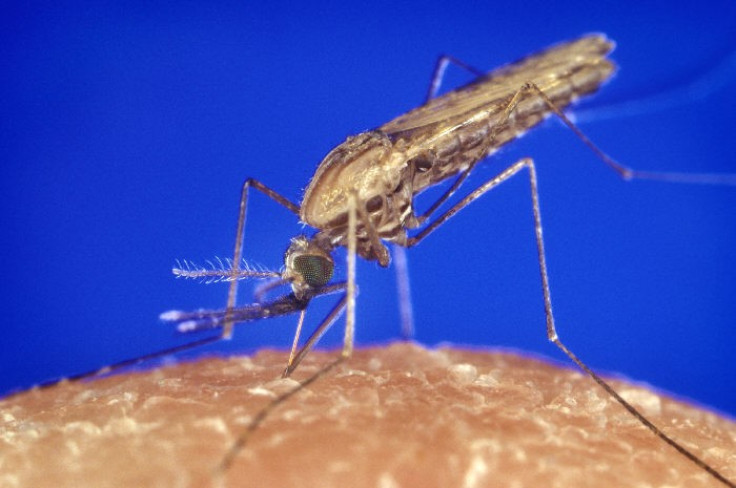World Malaria Day 2014: Top Five Countries Most Affected by Malaria

As 25 April marks World Malaria Day, IBTimesUK looks at the countries most affected by the mosquito-transmitted disease.
Despite malaria mortality rates have diminished by 42% since 2000, the disease caused an estimated 627,000 deaths in 2012 only, according to the World Health Organization.
Children and pregnant women are the worst affected, and over 80% of deaths occur in sub-Saharan Africa among children under five.
Nigeria
Around 40% of global malaria deaths occur in just two countries: Nigeria and the Democratic Republic of the Congo, the WHO said.
Malaria is a risk for more than 90% of Nigeria's population and contributes also to an estimated 11% of maternal mortality.
There are an estimated 100 million malaria cases with over 300,000 deaths per year in Nigeria, about 100,000 more than the deaths from HIV/AIDS.
Minister of State for Health, Dr. Khaliru Alhassan, said that malaria still remains a major threat to public health in the country and added that it undermines its socio-economic development.
Democratic Republic of Congo
Malaria is endemic in certain areas of the Congo, according to Médecins Sans Frontières.
The humanitarian organisation said it has treated 7,657 in Lulingu, Katchungu and Tchonka areas in 2013.
MSF has also warned that the disease has soared dramatically in the country in recent years.
The reasons for the trend are not clear, although it is thought renewed fighting by militia groups has made it increasingly difficult for people to access prevention and treatment.
Mozambique
Malaria represents around 45% of all cases in outpatient visits, approximately 56% of inpatient at paediatric clinics and around 26% of all hospital deaths, say the WHO.
According to the Demographic Health Survey 2011, the prevalence of malaria among children under five years is 46.3% in rural areas compared to 16.8% in urban areas.
The Ministry of Health of Mozambique has announced a partnership to ensure that every family in Mozambique will be protected from malaria by the end of this year's campaign
Burkina Faso
Malaria is the leading cause of death at healthcare facilities in Burkina Faso, and most of the dead are children.
Out of a population of 17 million, the country recorded almost 7 million cases of malaria in 2013, especially in the rainy season from August to November.
The Burkina Faso government said the fight against malaria is its top priority. Health minister Lene Sebgo announced the ambitious goal of halving the number of malaria cases within five years.
Sierra Leone
Malaria is one of the most serious public health problems in Sierra Leone, according to the WHO.
It is the most common cause of illness and death in the country, accounting for about 50% of outpatient visits and 38% of admissions.
Malaria-related illnesses contribute to 38% and 25% of child and all-ages mortality rates, respectively.
Sierra Leone's government has identified malaria as an illness of high priority, and various organs of the government, including the Ministry of Health, are undertaking all efforts possible to reduce the incidence of malaria, UNICEF said.
© Copyright IBTimes 2024. All rights reserved.






